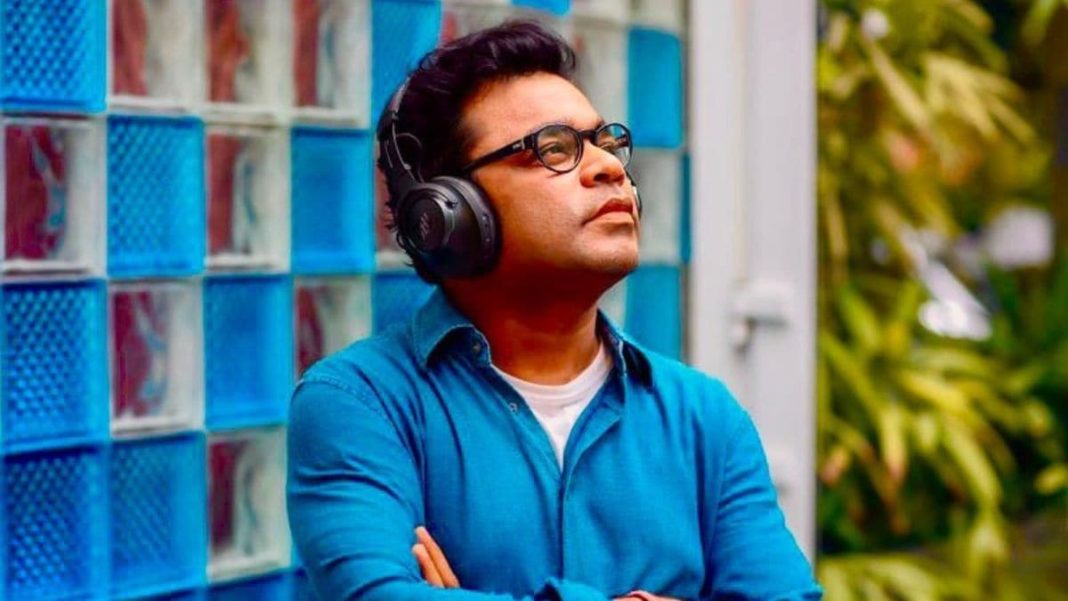AR Rahman Opens Up About Childhood Trauma and Father’s Legacy
Oscar-winning composer AR Rahman has revealed how losing his father at age nine shaped his life and career, describing the profound impact of childhood trauma and financial struggles that forced him to leave school early.
Key Takeaways
- AR Rahman lost his father at age 9 and grandmother soon after
- Financial struggles forced him to leave school at 15-16
- His mother single-handedly raised him and three sisters
- Father RK Shekhar composed music for over 100 Malayalam films
- Rahman calls his father his “first hero” and mother his “angel”
The Musical Legacy
In a candid conversation with Nikhil Kamath, Rahman discussed his father RK Shekhar’s influence. The prominent music composer, arranger, and conductor for the Malayalam film industry scored music for over 100 films and inspired Rahman’s musical journey.
“I think he’s such an inspiration. Because every musician came from his troupe. Whether it’s a guitarist, a violin player. Because he had given so much work to the musicians,” Rahman said.
He added that even world-class musicians like L. Subramaniam had kind words about his father, whose legacy set standards for Rahman’s own life and career.
Childhood Trauma and Sacrifices
Rahman described how the consecutive losses of his father and grandmother created daily trauma during his childhood. The financial instability that followed led to significant life decisions, including leaving formal education.
“I think when I was growing up, I went through all this. The death of my father, my grandmother. And then conflicts where I was just seeing trauma every day,” he shared.
A Mother’s Strength
Rahman credited his mother Kareema Begum as a “very, very confident lady” who single-handedly raised him and his three sisters despite facing humiliation and challenges.
“She had to protect us from, and she was so strong that withstanding all the kind of humiliations, she single-handedly brought us up. Right. Encouraging me to go into music. She decided for me that I should be in music,” Rahman revealed.
Missing Normal Childhood
Rahman left school at 15-16 to support his family financially, a decision he described as sacrificing normal childhood experiences.
“School is not just about education. It’s about understanding humanity. It’s about seeing each other and getting to know the stories and learning things from other kids. Their families are different. That I missed definitely,” he said.
However, he found compensation through working with experienced musicians in studios, which helped develop his musical talent.
Lasting Impact of Parental Loss
Even today, Rahman feels the absence of his parents deeply, describing his father as his “first hero” and mother as his “angel.”
“It affects you because that’s the only thing you have, right? Your parents, that’s the only holding ground for you. The memories and what your dad is, what he represented or how he worked,” he reflected.
The composer acknowledged that it took “ages to forget the trauma” but emphasized that the respect for his parents remains unchanged, continuing to influence his life and values.




